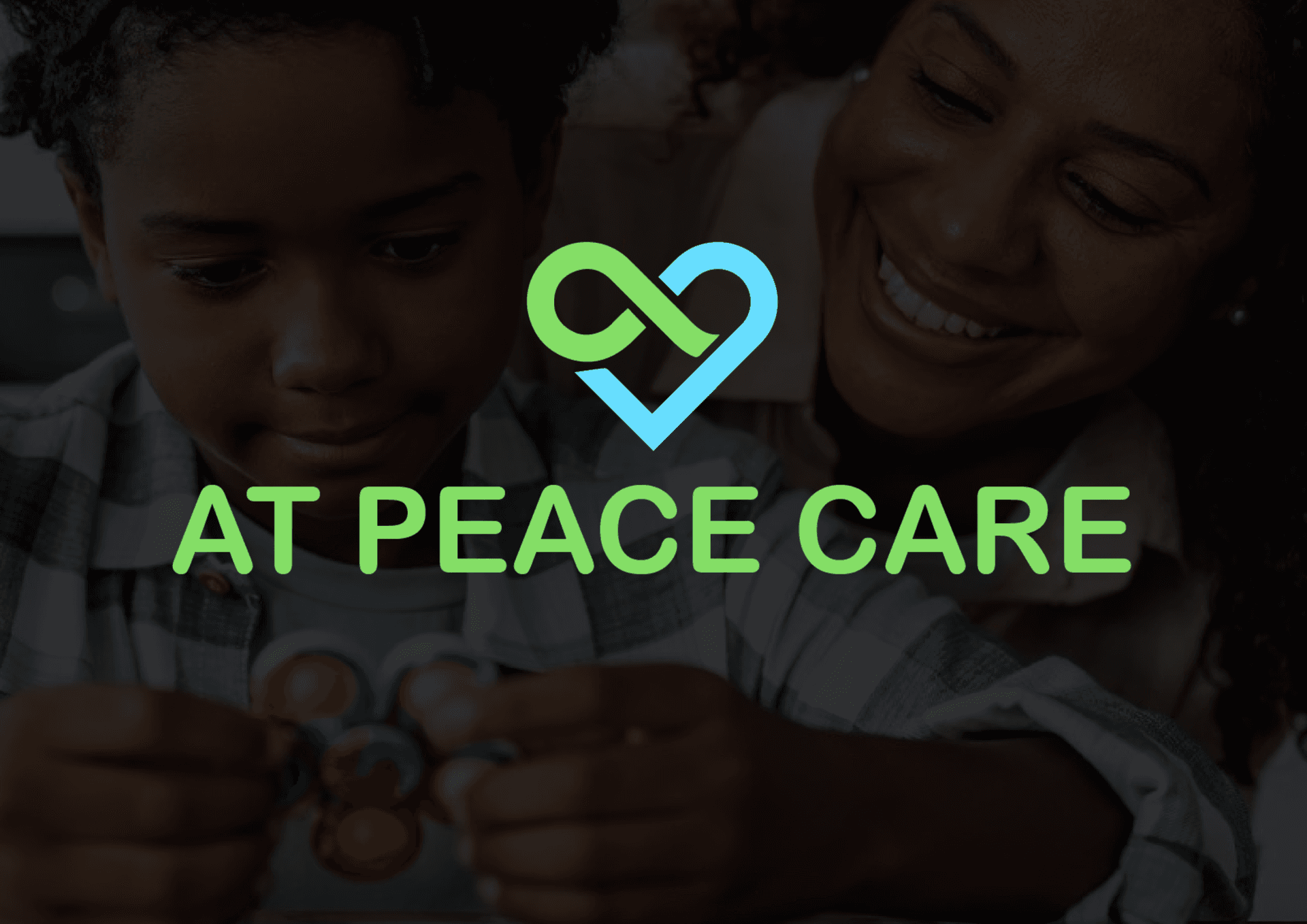Collaborating with Families: Creating Effective ABA Treatment Plans
Understanding the Importance of Family Collaboration in ABA
Applied Behavior Analysis (ABA) is a scientific approach that focuses on understanding and improving human behavior. When it comes to creating effective ABA treatment plans, collaborating with families is not just beneficial, it's essential. Families play a crucial role in reinforcing behavioral strategies and ensuring consistency across different environments, which is vital for the success of any ABA program.
Involving families in the treatment planning process helps tailor interventions to the unique needs of the child and family, promoting a more personalized and effective approach. This collaboration fosters a sense of ownership and commitment from family members, which can significantly enhance the outcomes of the treatment.

The Role of Families in ABA Treatment Plans
Families provide valuable insights into the child's behavior, preferences, and challenges. They are often the first to notice subtle changes in their child's behavior that professionals might miss during therapy sessions. By actively participating in treatment planning, families can help identify realistic goals and feasible intervention strategies.
Moreover, families are often responsible for implementing many aspects of the treatment plan at home. This responsibility underscores the importance of providing them with adequate training and support. Educating families about ABA principles and techniques empowers them to reinforce positive behaviors effectively.
Strategies for Successful Family Collaboration
Effective communication is key when collaborating with families. Regular meetings and updates can help ensure that everyone is on the same page regarding the child's progress and any necessary adjustments to the treatment plan. It's also important to create an open and supportive environment where family members feel comfortable expressing their concerns and suggestions.

In addition to communication, flexibility is crucial. Families may face unexpected challenges that require adjustments to the treatment plan. Being open to change and willing to adapt strategies as needed can help maintain progress and keep families engaged in the process.
Overcoming Challenges in Family Collaboration
While family collaboration is immensely beneficial, it can also present challenges. Differences in perspectives or expectations between professionals and families may arise. It's important to address these differences constructively and work towards a common goal. Building trust through transparency and mutual respect is essential for overcoming such challenges.

Another potential challenge is balancing the needs of the family with the demands of the treatment plan. Professionals should strive to create plans that are manageable for families while still being effective in addressing the child's needs. This balance can be achieved through ongoing dialogue and collaboration.
The Impact of Successful Family Collaboration
When families and professionals work together effectively, the results can be transformative. Children are more likely to achieve their goals when they receive consistent support in different environments. Furthermore, family members often report feeling more empowered and confident in their ability to support their child's development.
Ultimately, successful family collaboration in ABA treatment plans not only benefits the child but also strengthens family dynamics, creating a more supportive and understanding environment for everyone involved.
